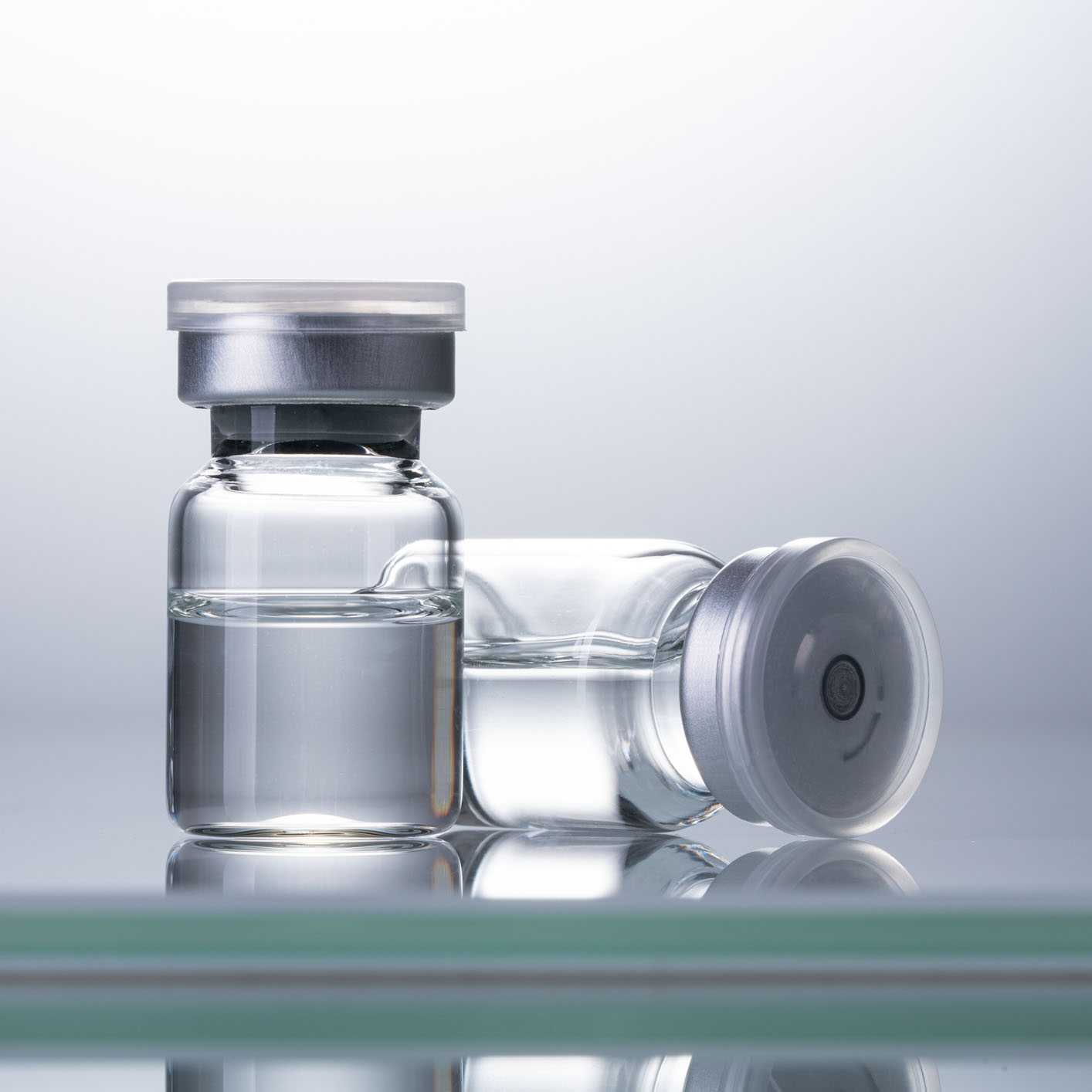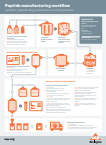Peptide pharmaceuticals are valuable therapies that are highly selective, have low toxicity, and are relatively economical to manufacture. Peptides can be manufactured synthetically (using solid-phase peptide synthesis (SPPS) or by employing recombinant DNA technology.
The United States Pharmacopeia (USP) publishes official monographs and general chapters that provide quality standards for drug substances and products across the world. These documentary standards focus on the quality attributes of identity, purity, safety, and potency of the drug products regulated by authorities that enforce these standards. Peptide-related USP Reference Standards are closely tied to our documentary standards and are directly associated with official monographs published in the USP–NF. These highly characterized physical specimens are used in testing by pharmaceutical and related industries to help ensure the identity, strength, quality and purity of peptide-based medicines.



















